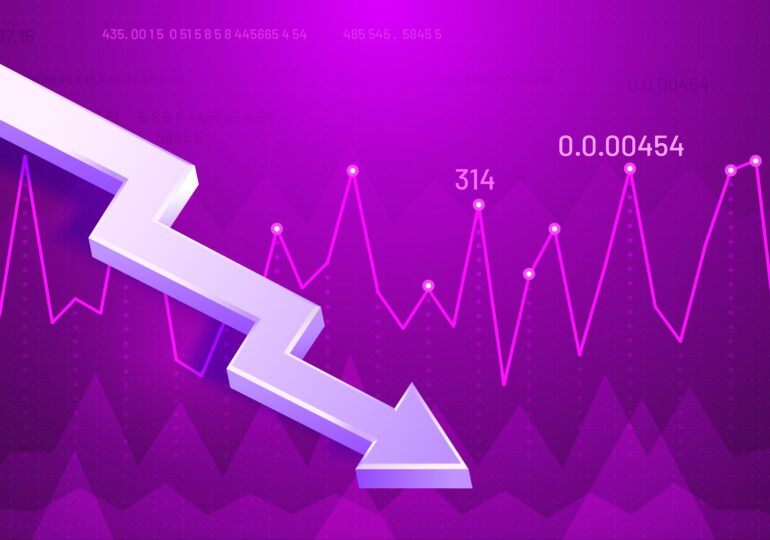The global economy is facing increasing risks, warns the Bank for International Settlements (BIS).
Trade tensions, geopolitical crises, and vulnerability to shocks indicate „a new era of uncertainty and unpredictability,” according to General Manager Agustín Carstens.
Trust in institutions, including central banks, is increasingly fragile, while the global economic order is faltering, as shown in the BIS annual report published on Sunday and cited by News.ro.
The trade war undermines the global economy
Carstens noted that protectionist policies, led by the US trade measures, are destabilizing the system established in recent decades.
The announcement comes ahead of the July 9 deadline set by US President Donald Trump for the introduction of new tariffs.
The report warns that economic fragmentation hinders growth and productivity, exacerbated by factors such as aging populations and climate change.
High levels of public debt limit states' ability to manage future crises, warns the BIS.
Increasing military expenditures amplify risks. "This trend cannot continue," said Carstens, who will soon leave his leadership position.
The US dollar in the largest decline
Hyun Song Shin, BIS's chief economist, highlighted the significant decline of the dollar, which has lost about 10% of its value in the first six months of the year. However, he believes this movement does not reflect a massive capital flight but rather hedging strategies by international investors.
The Bank for International Settlements ended the year with a net profit of 843.7 million SDR (approx. 1.2 billion dollars) and total revenues of 5.3 billion dollars, a historic record.
At the same time, foreign currency deposits reached the highest level in the institution's history. "It is essential for the BIS to maintain the highest degree of credibility and financial soundness," emphasized Carstens in his end-of-term message.
A new economic restart: the end of an era and the beginning of another
And an analysis published by The Atlantic points out that the global economy is going through a turning point comparable to the major transitions of the 20th century. According to the authors, the capitalist world operates like a supercomputer where the hardware (institutions, markets, rules) and software (dominant ideas) must be synchronized.
However, both now require a "Control-Alt-Delete": the old rules of US-led globalization are eroding under the pressure of populism, trade tensions, and an exhausted neoliberal system.
Historical precedents, such as the New Deal of the '30s or the neoliberalism of the '80s, provide insights into how ideas can reshape the entire economic system.
Currently, the reboot seems to be driven by a right-wing populism proposing a "regressive modernization," inspired by past eras of industrial expansion and social control, exemplified by Donald Trump's policies. This does not offer a new system but rather reactivates old models in new packaging.
In contrast, the American left hesitates between maintaining the status quo, progressive populism, and a technocratic vision of "abundance." All propose reforms, but none ideologically dominates the moment.
The Atlantic analysis concludes that the window for shaping the new economic order is open but closing fast, and the absence of a compelling idea risks giving way to a perilous return to the past.

